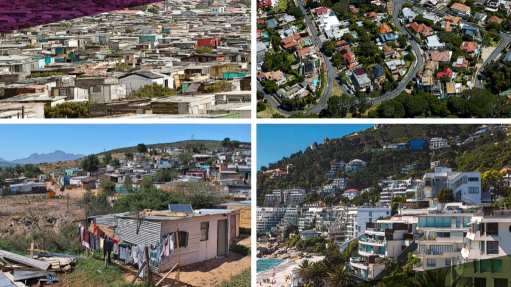
When tourists land in Cape Town, they are confronted with a stark contrast of worlds. The modern city with charming historical buildings and Instagram-worthy views beside poorly constructed shacks and obvious poverty. The inherited legacy of apartheid spatial planning kept its residents purposefully separate.
In 2006, South Africa’s official opposition party, the Democratic Alliance, came to power in Cape Town and helped to develop its reputation for bureaucratic excellence. Transforming it from a quietly charming seaside city to South Africa’s second-largest economy. However, the challenges the city faces test the limits of good governance to change structural constraints. Especially when those trials confront not only history, but modern funding structures, growing urbanisation and climate change.
In this Discussion Paper, we look at why tackling legacy is so difficult, why governance and politics matter and why Cape Town remains relevant for study by other African cities.
Report by the Brenthurst Foundation